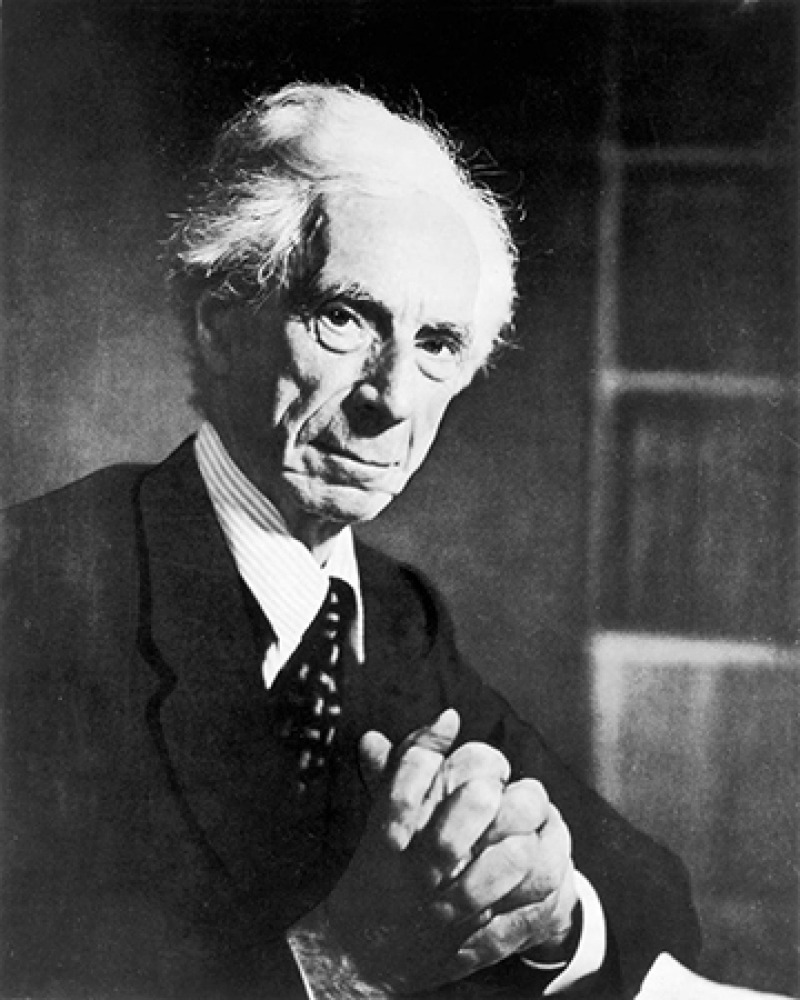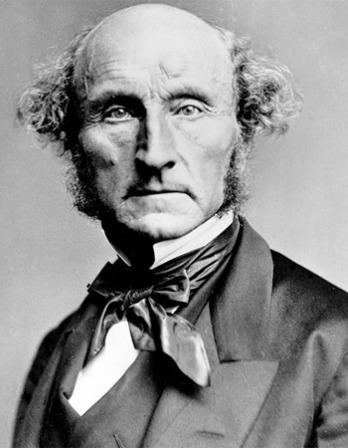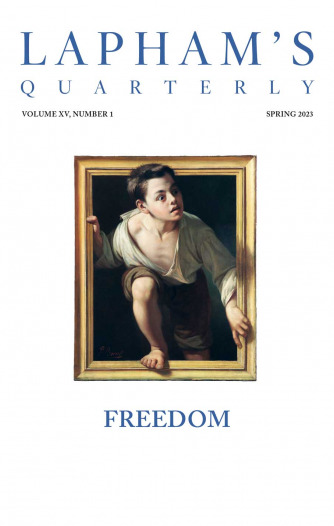
Søren Kierkegaard
Fear and Trembling,
1843
Fear and Trembling,
Faith is the highest passion in a human being. Many in every generation may not come that far, but none comes further. Whether there are also many who do not discover it in our own age I leave open. I can only refer to my own experience, that of one who makes no secret of the fact that he has far to go, yet without therefore wishing to deceive either himself or what is great by reducing this latter to a triviality, to a children’s disease which one must hope to get over as soon as possible. But life has tasks enough, even for one who fails to come as far as faith, and when he loves these honestly life won’t be a waste either, even if it can never compare with that of those who had a sense of the highest and grasped it. But anyone who comes to faith (whether he be greatly talented or simple-minded makes no difference) won’t remain at a standstill there. Indeed, he would be shocked if anyone said this to him. Just as the lover would be indignant if someone said he had come to a standstill in his love, for he would reply, “I’m by no means standing still in my love, for I have my life in it.” And yet he too doesn’t come any further, not to anything else. For when he finds that out he has another explanation.





